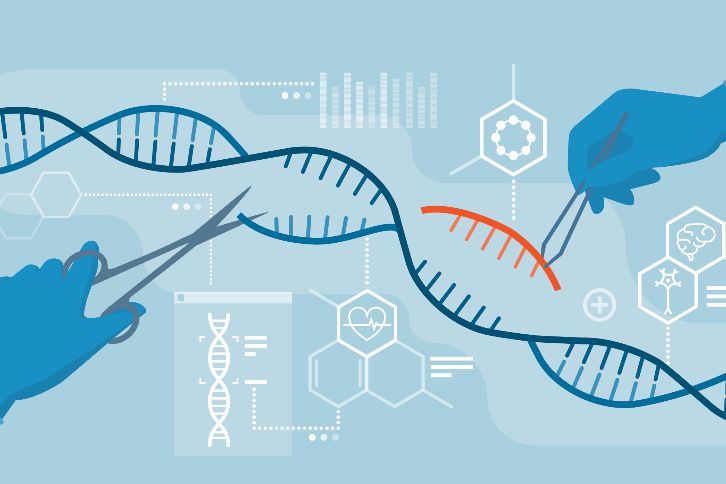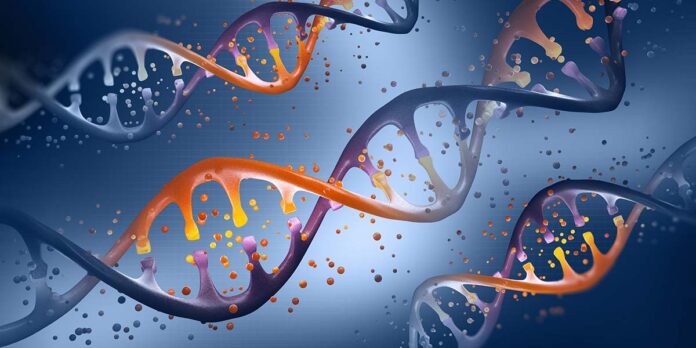Introduction:
Biotechnology and genetic engineering have revolutionized the field of science and have brought forth numerous advancements with the potential to transform various aspects of our lives. These technologies have provided us with unprecedented opportunities to manipulate the genetic makeup of living organisms, leading to improved healthcare, enhanced agricultural practices, and exciting possibilities for scientific exploration. However, along with these advancements, ethical considerations have emerged as crucial factors that must be addressed to ensure responsible and beneficial use of biotechnology and genetic engineering.
Advancements in Biotechnology and Genetic Engineering:
The advancements in biotechnology and genetic engineering have opened up new avenues for scientific breakthroughs. One of the most significant achievements is the decoding of the human genome, which has unraveled the genetic blueprint of human beings. This breakthrough has paved the way for personalized medicine, where treatments can be tailored to an individual’s genetic profile, leading to more effective and targeted therapies.
Furthermore, biotechnology has made significant contributions to the field of agriculture. Genetically modified crops have been engineered to enhance their resistance to pests, diseases, and environmental conditions. These modifications have the potential to increase crop yields, improve food security, and reduce the reliance on chemical pesticides and fertilizers. Additionally, genetic engineering has led to the development of crops with enhanced nutritional content, addressing malnutrition and dietary deficiencies in various regions.
Ethical Considerations in Biotechnology and Genetic Engineering:
While the advancements in biotechnology and genetic engineering hold great promise, they also raise important ethical considerations that must be carefully addressed. One of the primary concerns is the potential for unintended consequences and long-term environmental impacts. Modifying the genetic makeup of organisms can have unforeseen effects on ecosystems, biodiversity, and the balance of nature. It is crucial to conduct rigorous risk assessments and environmental impact studies before releasing genetically modified organisms into the environment.
Another ethical consideration is the potential misuse of biotechnology and genetic engineering for non-therapeutic purposes. The ability to manipulate the genetic code raises concerns about the creation of “designer babies” or the alteration of human traits for non-medical reasons. The concept of “enhancement” through genetic modification raises complex ethical questions about the boundaries of what is considered natural or ethical in human development.

Additionally, issues of consent and privacy arise in the context of genetic information. With the increasing availability of genetic testing and sequencing, individuals have the ability to uncover their genetic predispositions to diseases and conditions. However, questions surrounding the ownership, storage, and use of this personal genetic information must be carefully addressed to protect individual privacy and prevent discrimination based on genetic profiles.
Regulation and Governance:
To ensure responsible and ethical use of biotechnology and genetic engineering, robust regulatory frameworks and governance mechanisms are essential. Governments, international organizations, and scientific communities must collaborate to establish guidelines and standards that govern research, development, and the application of these technologies. Transparent and inclusive decision-making processes, involving stakeholders from various fields, are necessary to strike a balance between scientific progress and ethical considerations.
Education and Public Engagement:
Educating the public about biotechnology and genetic engineering is crucial to foster informed discussions and decision-making. Providing accessible information and promoting public engagement can help address concerns and misconceptions surrounding these technologies. Ethical considerations should be incorporated into educational curricula to cultivate ethical awareness and responsibility among future scientists, policymakers, and the general public.
Conclusion:
Biotechnology and genetic engineering have propelled scientific advancements and hold immense potential to address societal challenges in healthcare, agriculture, and beyond. However, ethical considerations must accompany these advancements to ensure their responsible and beneficial use. By addressing concerns such as environmental impact, non-therapeutic applications, privacy, and regulation, we can harness the full potential of biotechnology and genetic engineering while safeguarding human well-being, biodiversity, and the ethical fabric of our society.

